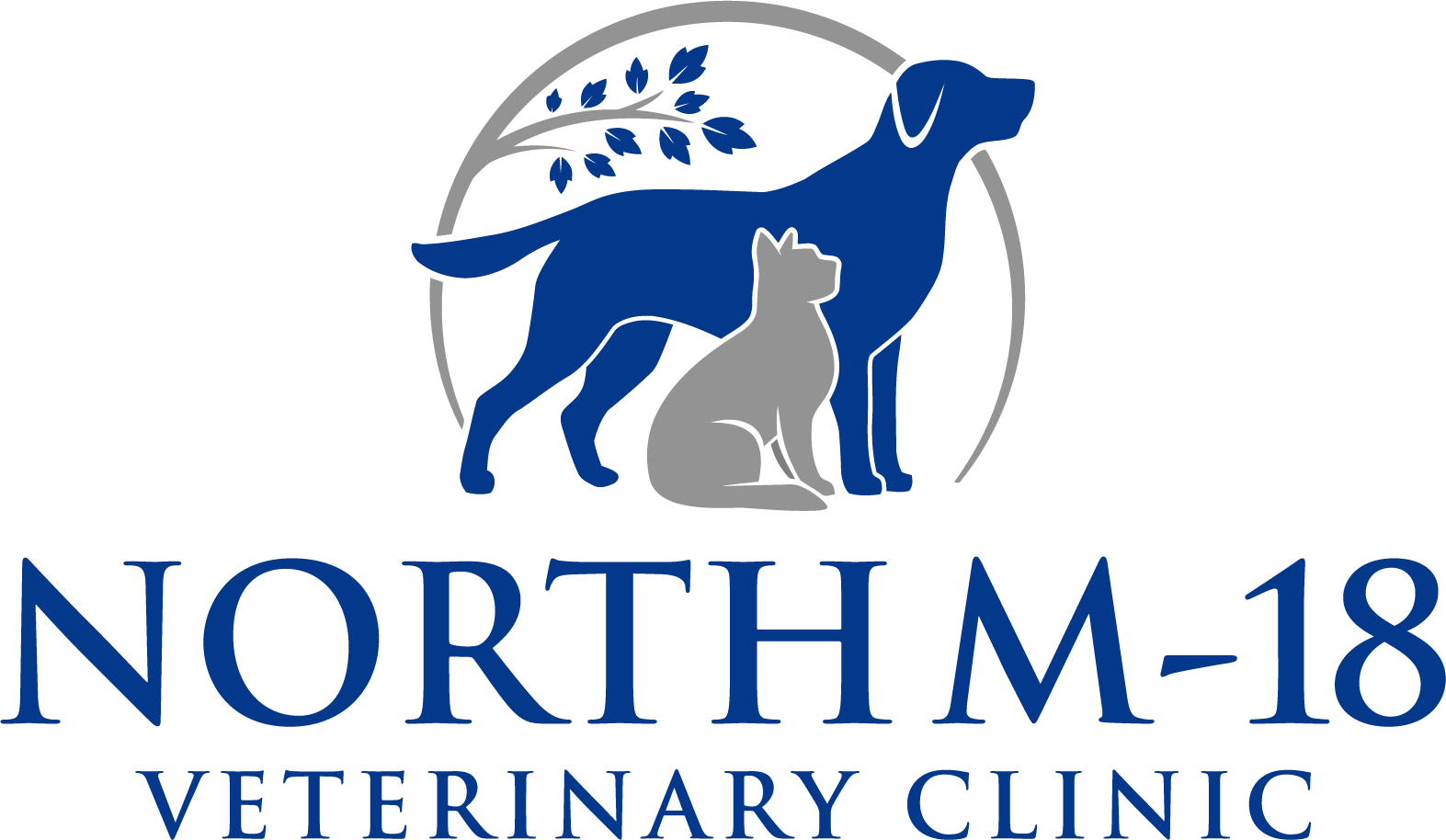Library
-
Rifampin is commonly used off label to treat infections in horses, and occasionally in dogs and cats. It is usually given by mouth in the form of a capsule or compounded liquid. The most common side effects are vomiting, diarrhea, or reduced appetite. Liver dysfunction is possible. A change in the color of urine, tears, and saliva to a red/orange color is expected but may stain fabrics. Use with caution in pets that have pre-existing liver disease, are pregnant, are elderly, or are lactating. If a negative reaction occurs, call your veterinary office.
-
Ophthalmic autologous serum is a blood-derived product used to treat corneal ulcers in animals. Ophthalmic autologous serum is part of the blood and is collected directly from the patient. It is in liquid form.
-
Silver sulfadiazine topical is an antimicrobial used to treat skin infections and burns in cats, dogs, and exotic pets. It is used off label in veterinary medicine. Silver sulfadiazine topical comes in a topical cream.
-
Stanozolol is given by mouth and is used off label to treat poor appetite, anemia, tracheal collapse, and other conditions. Give as directed by your veterinarian. Side effects may include behavior changes, limb swelling, or prevention of heat cycles. Do not use in pets that are allergic to it, are pregnant, breeding, or nursing. Pregnant women should NOT handle this medication. If a negative reaction occurs, please call your veterinary office.
-
Sulfasalazine is given by mouth and is used off label to treat inflammatory large bowel disease and vasculitis. Give as directed by your veterinarian. Side effects include dry eye, decreased appetite, vomiting, yellowing of the skin, eyes, or body fluids. Do not use in pets that are allergic to it or other sulfonamides or salicylates, or in Doberman Pinschers, Miniature Schnauzers, or Samoyeds, or in pets with dry eye/KCS, intestinal or urinary blockages, or severe dehydration. If a negative reaction occurs, please call your veterinary office.
-
Tetracycline is given by mouth and is used off label to treat bacterial infections and inflammatory skin conditions in many animal species. The most common side effects include nausea, vomiting, diarrhea, and lack of appetite. Do not use in pets that are allergic to it or other tetracycline antibiotics, or in pregnant animals, especially in the first half of pregnancy. If a negative reaction occurs, please call your veterinary office.
-
Topical omega-3 fatty acids are found in various skin support products for pets to promote a healthy skin and coat in dogs, cats, small mammals, and horses. These products, such as Dermoscent® Atop 7®, are often used in combination with omega-6 fatty acids to enhance overall health and reduce inflammation. They can also help decrease itching associated with certain skin diseases.
-
Triamcinolone acetonide is given by mouth or injection and is used on and off label to treat Addison’s disease, inflammatory conditions, and immune-mediated diseases. Give as directed. Common side effects include increased drinking, increased urination, and increased appetite. Do not use in pets that are allergic to it, or pets with systemic fungal infections, viral infections, ulcers, tuberculosis, or Cushing’s disease. If a negative reaction occurs, please call your veterinary office.
-
Tropicamide is applied in the eye and is used off label to dilate the eye and to prevent and treat scarring after cataract surgery. Give as directed by your veterinarian. Common side effects include drooling, eye dryness, temporary stinging sensation upon initial application to the eye, light sensitivity, and blurry vision. Do not use in pets that are allergic to it or that have glaucoma. If a negative reaction occurs, please call your veterinary office.
-
Ursodiol is given by mouth and is used off label to treat gallbladder and biliary liver diseases. Give as directed by your veterinarian. Side effects are uncommon, but may include diarrhea and mild discomfort. Do not use in pets that are allergic to it or other bile acid products, or in rabbits, guinea pigs, or rodents. If a negative reaction occurs, please call your veterinary office.

